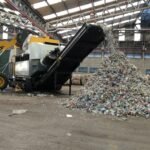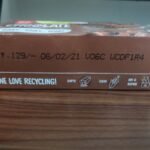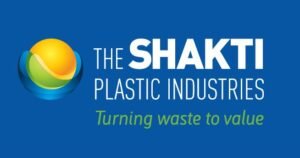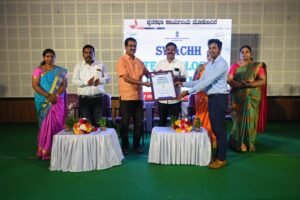Rishi Agarwal, started Safai Bank, with a clear intention of eliminating multi-layered plastic. His initiative has so far diverted around 35 lakh wrappers, found littered over the streets of Mumbai, from reaching the city’s already choked dumping grounds and landfill sites.
Started in April 2018, Rishi Agarwal, identified as the Mumbai-based environmental protection maverick, the founding member of this environmental initiative, has actively participated in various issues pertaining to waste management scientifically directed towards disposal of MLPs. ‘Don’t bin it. Bank it’ was the slogan by which, thousands of students from Mumbai and other neighbouring cities stood up and volunteered for the project.
Also, there are close to 120 schools in the Mumbai Metropolitan Region that have set up Safai Bank, so that people can deposit waste wrappers there, which later can be transported in bulk to the waste management industries for processing and proper disposal.
One of the main objectives of the initiative, as communicated by Rishi Agarwal, is to reduce the load of the waste that comes over the Municipal Corporation of Mumbai. Talking about his green project, Agarwal revealed that the impetus to his work came from the littered path he took during his visit to Uttarakhand. It was all waste wrappers littered along the trail. Wrappers and such lightweight single-use plastics are the main culprits behind choking the drainage systems, besides polluting marine water bodies.
Triggered by what he witnessed, Rishi thought of creating a bank where one can voluntarily deposit wrappers. Rishi, being actively engaged in his project, has managed to step further by collaborating with schools and colleges to set up more banks.
Although lockdown caused schools and colleges to shut down, which came as a big setback, the Safai Bank was fortunate to get into association with the esteemed JSW foundation to start a pilot project in the residential buildings of Jogeshwari, Andheri and Vile Parle.
Rishi has also paid a frequent visit to the dumping grounds of different cities, to understand how much volume of wrappers enters into the sites. According to Rishi, there are a lot of children who consume wafers more often.
Wafer packets are cheap food products that come in multi-layered packaging. Since children are one of the biggest end-consumers of wafers and other food items that come in such wrappers, Safai banks were set up in schools so as to specifically connect with such children and educate them about its environmental impact, but more importantly about its safe disposal.
Rishi added that a building named Takshila, with a capacity of 1,400 families has managed to collect nearly 25 kg of plastic wrappers which they deposited on the eve of Republic Day this year. “A collaboration with 100 such buildings is in the pipeline,” said Agarwal.
NEPRA, a waste management company based in Ahmedabad, has backed the Safai Bank by providing them with vehicles to collect waste from all the Safai banks. Agarwal added that cement companies incinerate 1,000 tons of coal on average and since wrappers have the same energy value, they can be sent for processing in the cement kilns, which could be used to generate energy.









Leave a reply